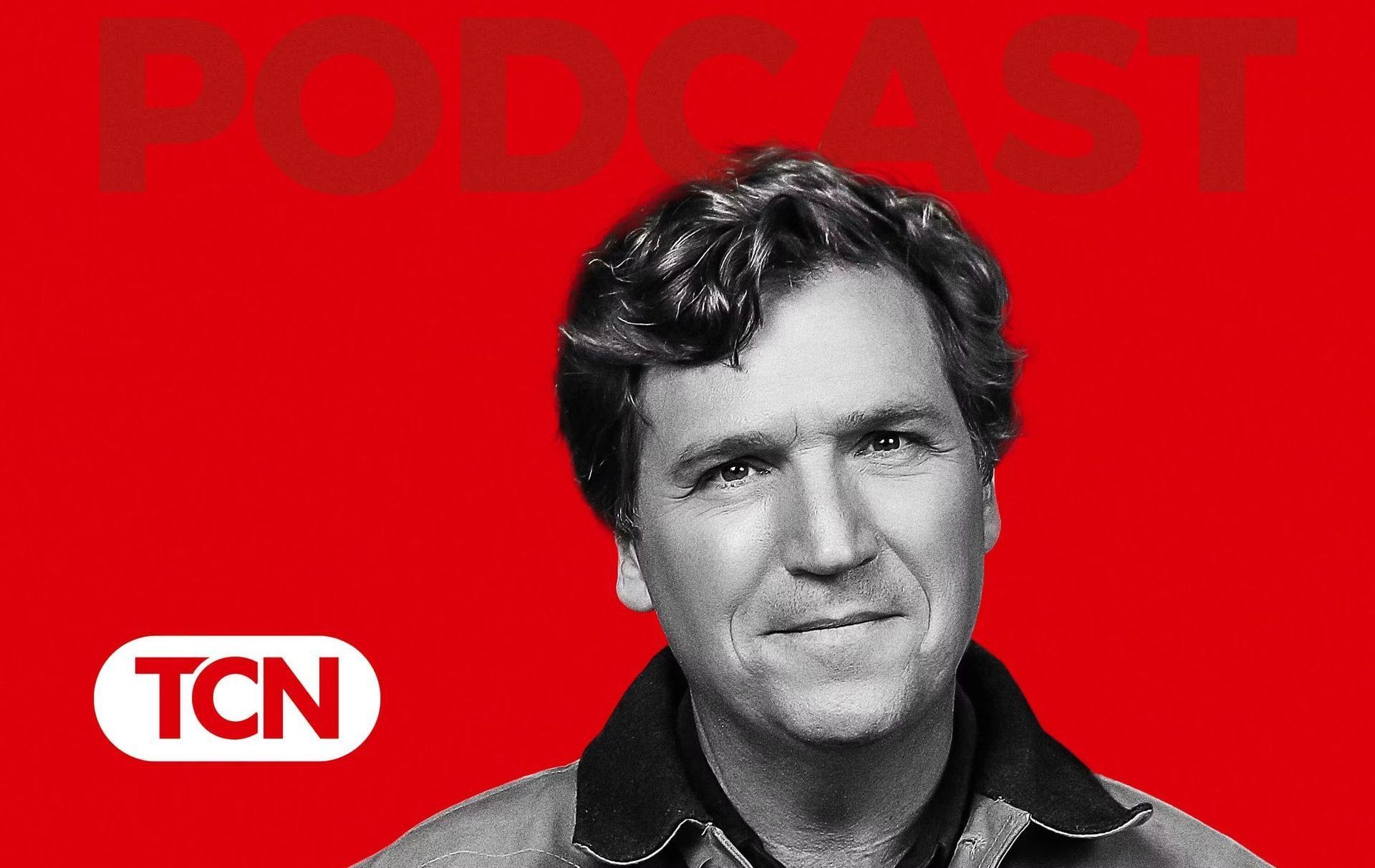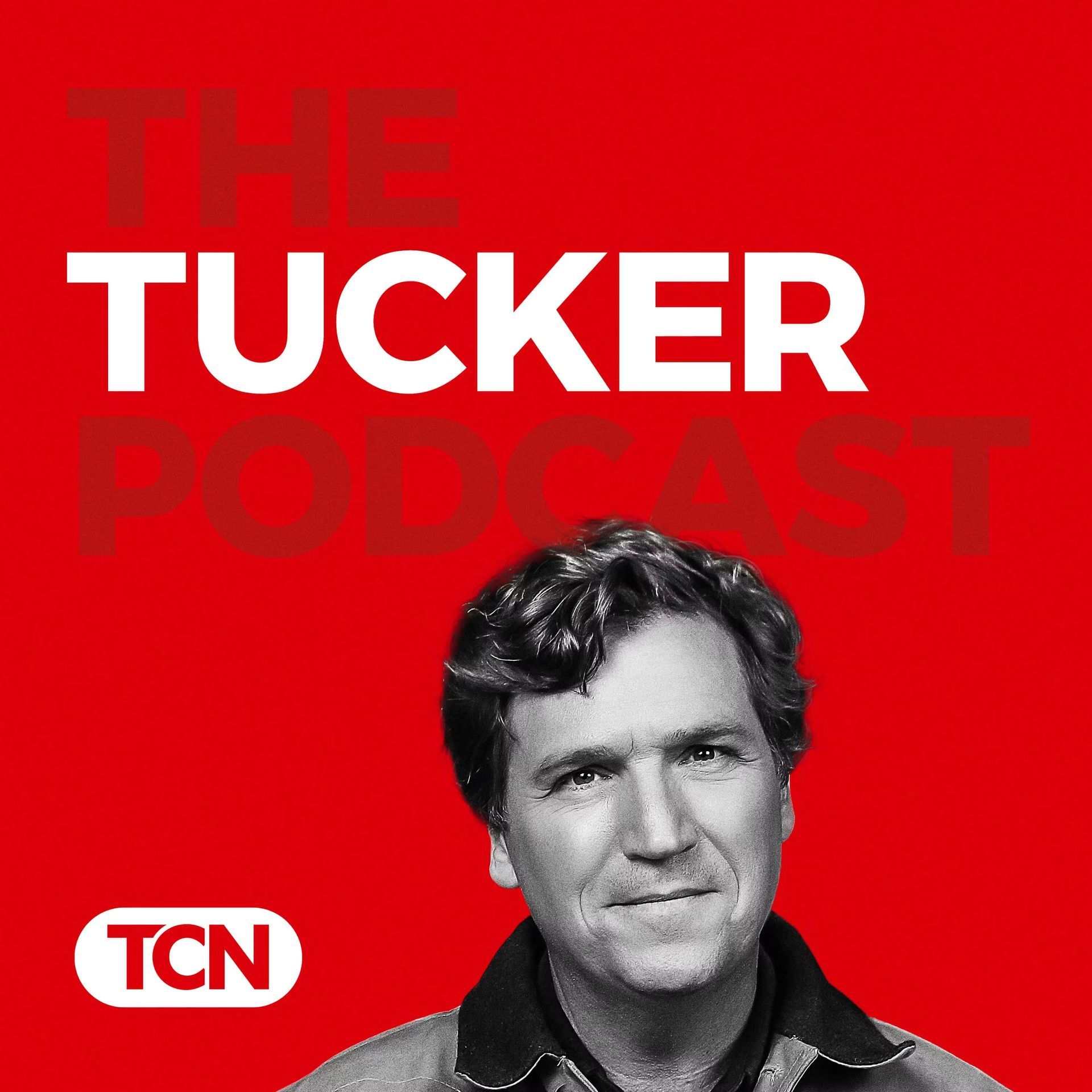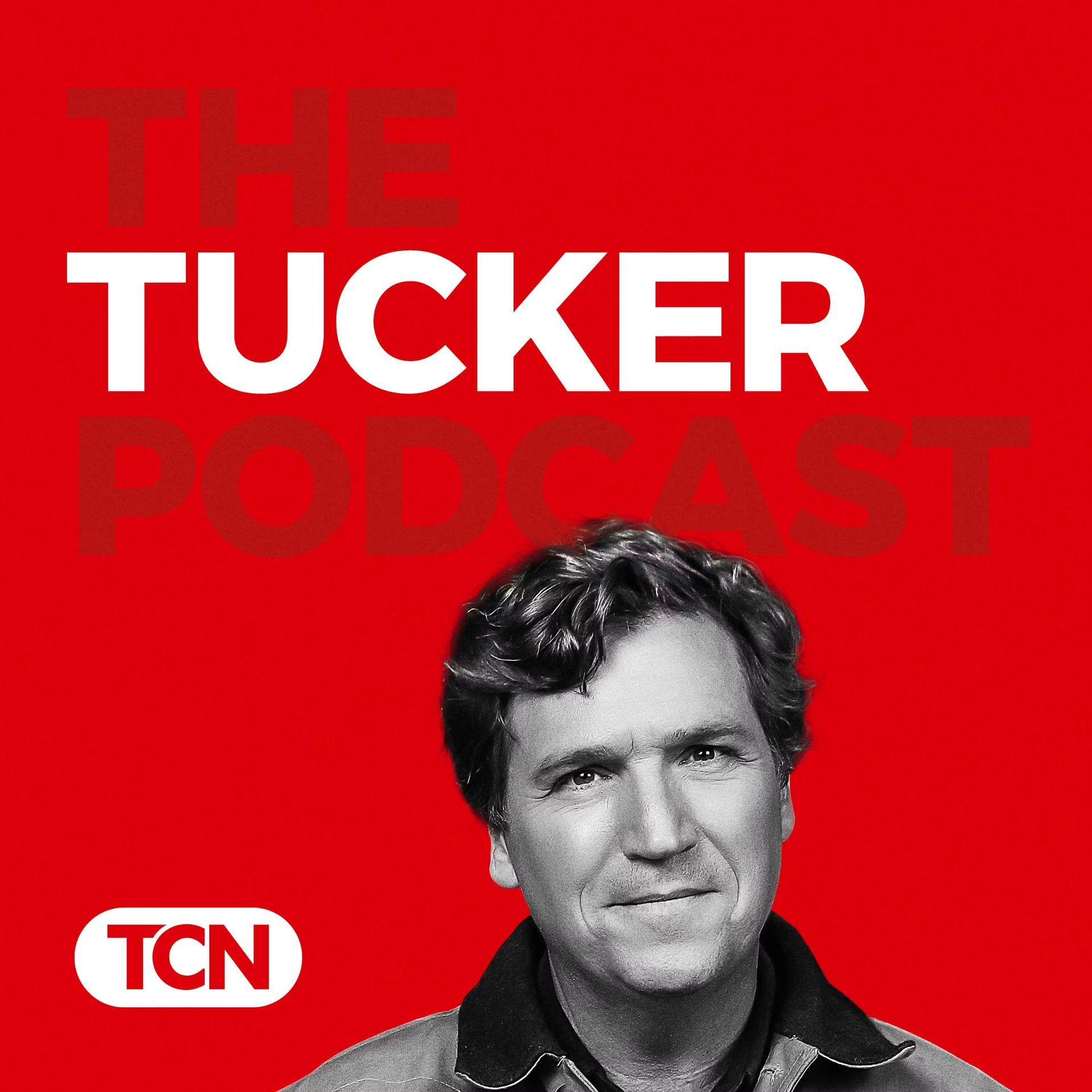Tucker Carlson sat with Catherine Austin Fitts, a former investment banker and government official, to explore the global financial system and its effects on personal freedom and wealth. Fitts is known for her fantastic claims about financial corruption and control, and this conversation dives into some wild and controversial theories, or conspiracy theories, about the elite world around us. They discuss everything from missing government money ($21 trillion) to secret societies and the risks of digital currencies. While some of Fitts’ points are backed by data, others are more speculative, but one way or another the US budget doesn’t add up and no doubt, some of what she says may not be too far from the truth.
Financial Coup d'État and Missing Funds
Fitts starts by talking about a huge amount of money—$21 trillion—that she says went missing from U.S. government accounts between 1998 and 2015, especially from the Department of Defense and Housing and Urban Development. She calls it a “financial coup,” meaning she thinks this cash was secretly taken to pay for hidden projects, like underground bases or even space programs…yes, wild, we’ll get more into those below.. There’s some documented truth here: a researcher named Dr. Mark Skidmore found $21 trillion in accounting adjustments that weren’t properly explained and seemingly have no home on the books. The reason this money is missing is because she claimed that the “elite” and the central bankers effectively “gave up”on the US in the early 1990’s and were looking for ways to fund a new or parallel civilization with the most obvious use-case being survival of a mass-extinction event.
Role of Central Banks and the BIS
To understand her wild hypothesis, Fitts first says that you need to understand the Bank for International Settlements (BIS), which she describes as a all-powerful meta bank that other central banks answer to. She explains that the BIS has special rules that let it hide money movements, enabling it to facilitate transfers of large some of money between entities. The BIS is real—it’s based in Switzerland and helps central banks work together, setting rules like the Basel Accords to keep banking stable. It does have some legal protections, but they’re seemingly standard for international groups. Fitts’ claim that it’s covertly moving money around lacks solid proof (to her own admission) and isn’t a mainstream view, it goes without saying.
Digital Control Grid and Financial Freedom
Fitts warns about a “digital control grid,” where things like central bank digital currencies (CBDCs) could track and control every dollar you spend. She’s worried it could turn into a “digital concentration camp,” with no privacy or freedom left. She points to the BIS experimenting with tech and bankers talking about enforcing rules digitally. CBDCs are real—countries are testing them—but whether they’ll spy on us is still up in the air. Fitts says to fight back by using local banks or buying gold and silver to keep some independence. In a pre-COVID and AI world, this sort of idea might have been seen as far-fetched, today it seems pretty plausible.
Breakaway Civilization
One of Fitts’ wilder ideas is the “breakaway civilization.” She postulates the “missing money” mentioned above goes to a secret group building a separate society with emergent technology. This society functions partly (and will solely in the case of a mass extinction event) in underground bases using hidden transport systems. She guesses there are 170 underground bases in the U.S. alone. These bases are also supported by some kind of novel energy technology, again she offers no evidence of, but a few anecdotal stories. It’s a sensational story, like something from a science fiction film, but there’s no real evidence to support it discussed in the podcast at least.
Wealth Building through Living and Financial Equity
Trying to offer a bit of hope, she encourages people to think about wealth in a different way—not just financial asset, but what she calls “living equity.” This means building strong families, communities, and traditions that money can’t buy. She’s all about keeping things local and community support, rather than relying on sizable global systems. Fitts ties this concept to freedom (which she warns is under assault), saying a strong community can stand up to tough times better than a bank account alone.
PodLands Final Take
Catherine Austin Fitts’ chat with Tucker Carlson is absolutely insane if true or even partially true. The $21 trillion accounting mess is real, but what happened to the money is unclear—secret bases or just bad paperwork? Her takes on the BIS and a breakaway civilization are mind-blowing, again - if true. We want to write off all of this, pretend we never heard it, or maybe only saw it in a James Bond movie, but we are talking some master mind criminal type activity if any of this is true. This talk leaves you with big questions: Who’s really running the financial system really, and what does it mean for us? If you’re curious, check out Fitts’ site, Solari.com, for more of her thoughts. Whether you buy any of what’s she’s selling, is up to you. But it created a compelling listen, and maybe that was the point.
THE PODSCORE: 4 (out of 5) MICS…


